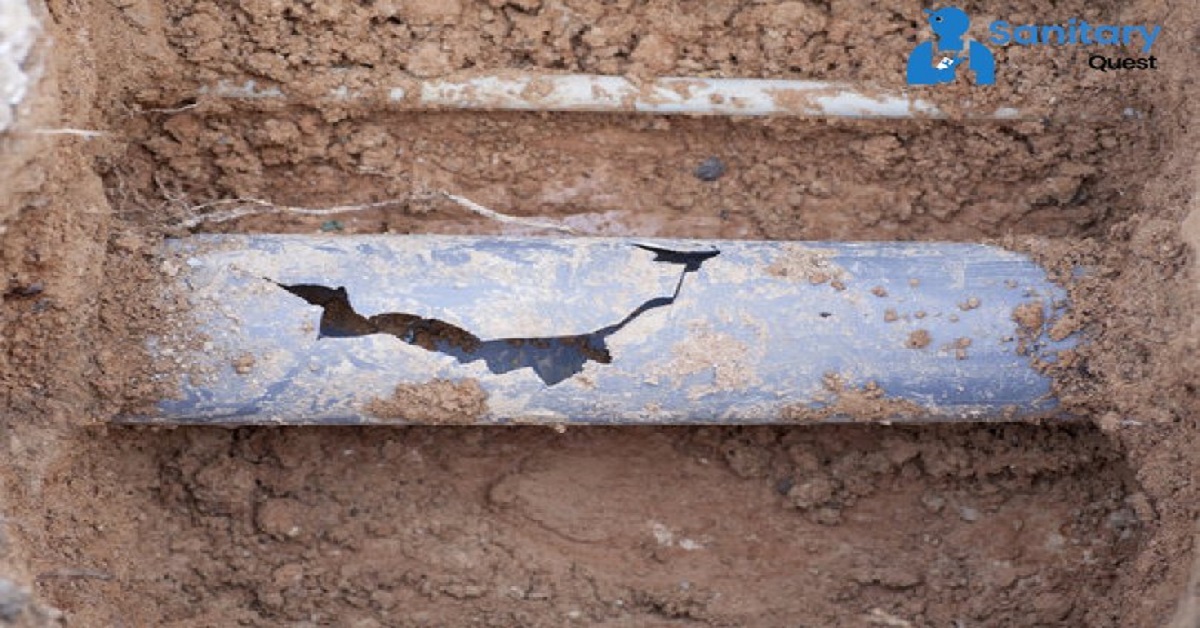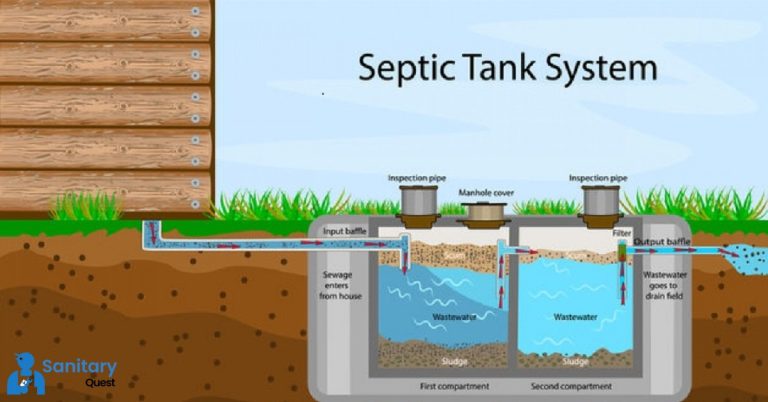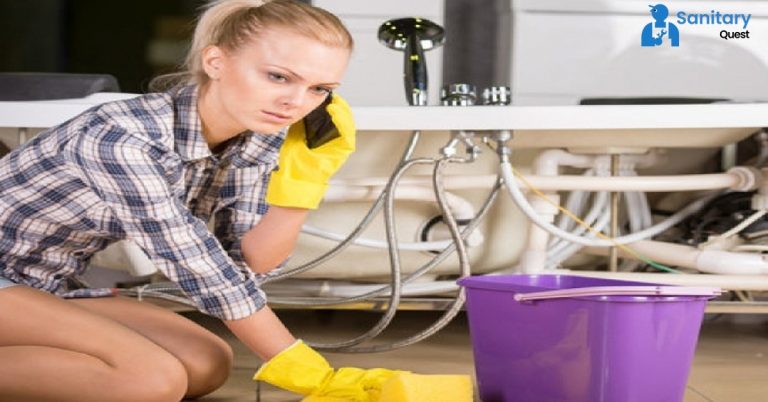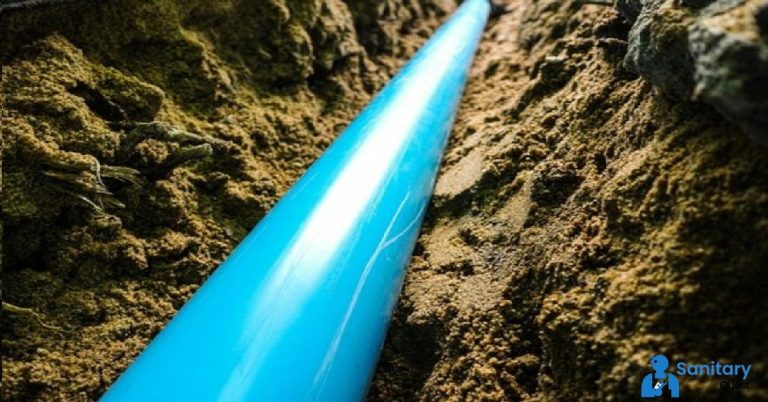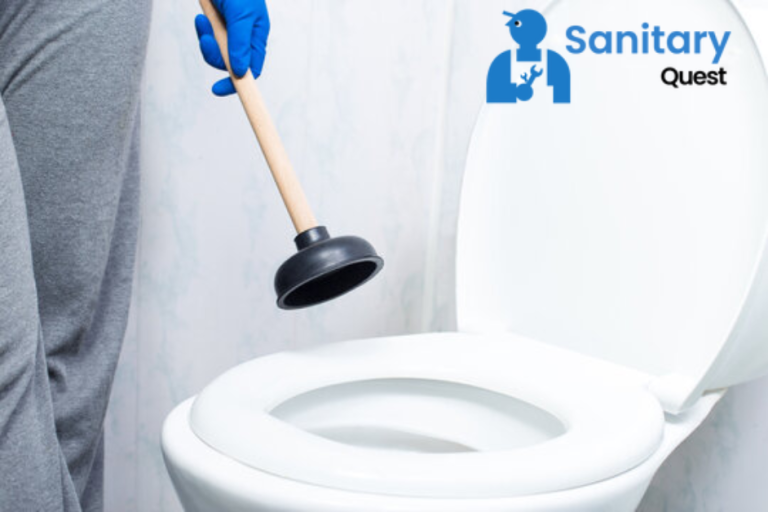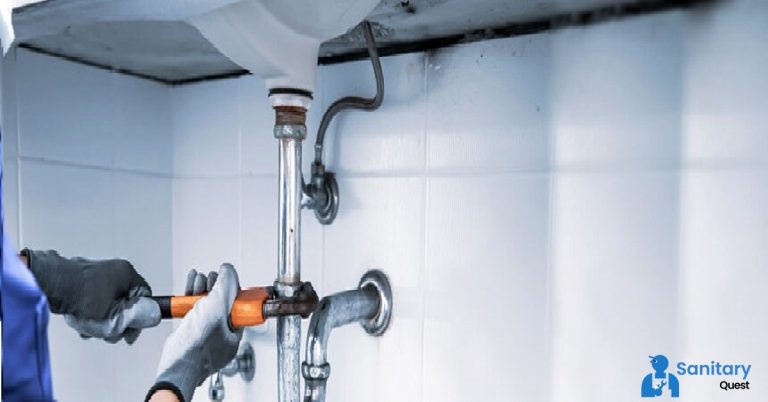4 Signs That Your Sewer Line Is Broken
If only one of your fixtures has a slow drain, it almost certainly has a simple obstruction that can be cleared up with either a drain snake or a plunger. If, on the other hand, you notice that more than one of your home’s fixtures is draining slowly, this is an unmistakable sign that the clog is deeper in your plumbing system, generally in the sewer line.
Weird odor or grassy smell
If there is an issue with the sewer line, the first thing that will tell you about it will be your nose. There should never be any kind of odor coming from your drains at any time. Under no circumstances. The odor you are picking up may be toxic sewer gas, which is in the process of leaking into other parts of your house. If this is the case, you should take immediate action.
Mold and mildew sewer line
If there is a backup of water or sewage in your basement as a consequence of a faulty sewer line, then the quick growth of mold and mildew throughout the rest of your home may be the result of this. The basement is especially susceptible to this problem. If you see any of these issues, this may be the case.
Crawlers and critters
Do you find that there are more insects and rodents than there used to be all of a sudden? The sewer pipe may be having some kind of issue. The sewers are typically rife with the presence of rodents. However, they can make a home for themselves in your house by entering through the tiniest openings in the sewer line and making their way into your home. They can then establish a home for themselves there. In the same line, insects consider a drain pipe that has cracks to be the ideal nesting habitat because of the standing water in the drainpipe. Because of this, insects are capable of having offspring very quickly. If there is a break in your sewer line, you should not overlook the problem since it could get worse. You face the danger of incurring property damage, a backup of raw sewage, and even major health risks if you do not immediately fix the damaged or clogged sewer line that you have.
The wastewater from your home is carried from the house to the municipal sewage system via the sewer line, which is an underground conduit. The sewer system is maintained by the municipality. The most common signs that a sewage line in your home has broken are an increased number of bugs, a foul odor within the house, mold or mildew in the basement, and repeated slow drains. If any of these symptoms appear in your home, you should investigate the possibility that your sewage line has broken.
If there is a problem with the plumbing, particularly one that takes place underground, it is not always simple to detect the issue. With this list, though, you should be able to potentially ascertain whether you have a broken sewer line or whether you have a more significant problem (or less serious).
Slow drains
The presence of a slow drain in just one fixture almost always indicates the presence of a straightforward blockage that may be removed using a drain snake or plunger. However, if you have more than one fixture in your home that is draining slowly, it is a clear indication that the blockage is deeper in your plumbing system — typically in the sewer line.
FAQs
Q1: What are the signs of a damaged sewer pipe?
Recognizing the signs of a damaged sewer pipe is crucial for addressing issues before they escalate. Common indicators include persistent and foul odors emanating from drains, as well as slow drainage or gurgling sounds when water is used. Patches of lush and unexpectedly green grass in the yard, particularly near the sewer line, may suggest a leak.
Q2: How do I know if my sewer line is damaged?
Identifying whether your sewer line is damaged involves paying attention to various signs and symptoms. One common indication is repeated and persistent backups in multiple drains, such as toilets, sinks, or showers. Foul odors emanating from drains, unusual gurgling sounds, or bubbling noises when using plumbing fixtures can also suggest a problem.
Q3: What causes a sewer line to be damaged?
Several factors can contribute to the damage of a sewer line. One common cause is the natural aging process, as sewer lines deteriorate over time due to exposure to environmental elements, soil conditions, and usage. Tree root infiltration is another significant factor; roots can penetrate sewer pipes seeking moisture and nutrients, causing cracks or blockages.
Q4: What happens when a pipe is damaged?
When a pipe is damaged, it can lead to various issues and consequences. Water or sewage leakage is a common outcome, depending on the type of pipe and its purpose. In the case of water supply pipes, a break can result in water escaping and causing damage to the surrounding area.

